Implementing America’s AI Action Plan in Healthcare: AAIH Strategic White Paper
Alliance for Artificial Intelligence in Healthcare
Authors:
Abdallah Alex Attia, MD, Instructor: Research Surgery, Machine Learning, Artificial Intelligence Integration, Tulane University, School of Medicine, Founder & CEO of Synaptix Health, Inc
Mustaqhusain Kazi, Global Head of Roche Informatics Strategy and Digital Innovation | Chairperson of the Board at AAIH - Alliance for AI in Healthcare
Ari Caroline, Co-Founder, CSO, Weave
Venkatesh Moktali, PhD, Director of Product Management, Data Science & AI products, QIAGEN
Elaine Hamm, PhD, Executive Director, The Alliance for Artificial Intelligence in Healthcare
Editors and Reviewers:
Umut Eser, Co-Founder & Chief AI Officer, Weave
Paul Howard, PhD, Executive Director, Policy and Patient Experience Innovation, Amicus Therapeutics
Rafael Rosengarten, PhD, CEO & Cofounder, Genialis, Board member, AAIH
Executive Summary
The Alliance for Artificial Intelligence in Healthcare (AAIH) applauds the White House’s “America’s AI Action Plan” and welcomes its vision for U.S. leadership in artificial intelligence. As a coalition representing healthcare AI innovators, we see enormous opportunity to harness AI for patient benefit – from accelerating drug discovery to improving clinical decision support – if supportive policies and safeguards are in place. This white paper outlines AAIH’s strategic recommendations across key domains to ensure the Action Plan’s implementation delivers a transformative impact in healthcare.
Key Recommendations: First, accelerate innovation by removing regulatory barriers and establishing AI regulatory sandboxes that allow healthcare AI tools to be tested in real-world settings with flexible oversight. Second, invest in “gold-standard” biomedical datasets and secure cloud infrastructure (e.g., through NIH’s STRIDES and the National AI Research Resource) to fuel robust model development. Third, strengthen the evaluation frameworks and standards (led by NIST, FDA, and international bodies) that ensure AI systems are safe, effective, and fair. Fourth, address critical enablers: from workforce development (upskilling clinicians and data scientists in AI) to reimbursement pathways that incentivize the adoption of proven AI solutions in care delivery. We also urge focus on cybersecurity and resilience, embedding secure-by-design principles so that medical AI systems are protected against adversarial threats. Equally important is sustainability – mitigating AI’s environmental footprint even as we expand computational capacity for healthcare innovation. Finally, the U.S. should lead in international alignment, working with global partners (EU, WHO, GPAI) to harmonize AI governance and data interoperability standards in healthcare.
In sum, AAIH’s agenda aligns with the White House plan’s pillars of innovation, infrastructure, and international leadership. We emphasize a patient-centric, responsible AI ecosystem where innovation flourishes under appropriate oversight. This document provides detailed analysis and actionable steps for policymakers, regulators, healthcare executives, and stakeholders to collaboratively implement the Action Plan in the healthcare sector. AAIH stands ready to partner with government agencies and international peers to ensure the U.S. realizes AI’s potential to improve patient outcomes, spur biomedical innovation, and bolster public health, while managing risks to safety, privacy, and equity. The time to act is now: by following this roadmap, we can usher in a new era of AI-driven healthcare benefitting all Americans.
